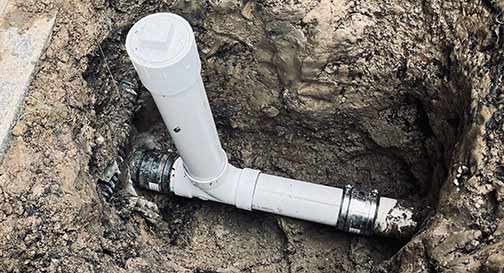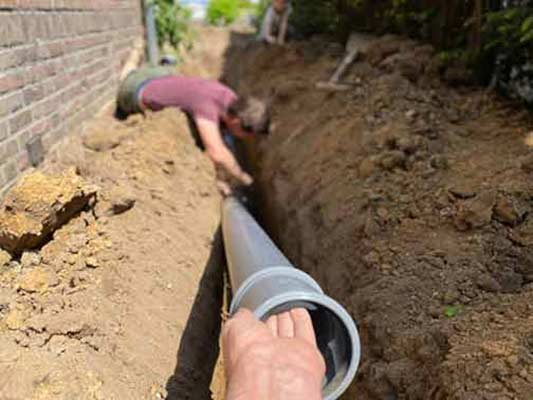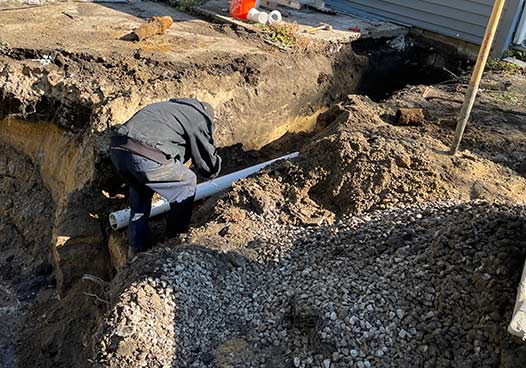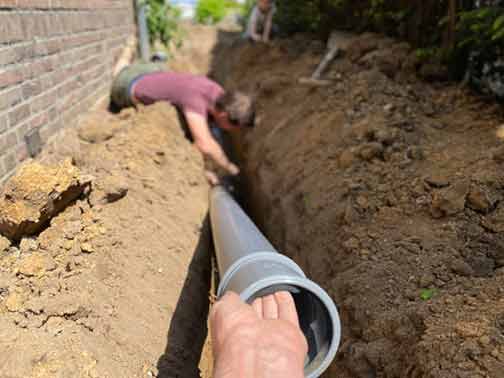The Cost of Repairing a Sewer Line in Chicago
When it comes to home maintenance, few things can be as inconvenient or costly as a damaged sewer line. If you’re a homeowner in Chicago and find yourself facing this issue, you may be wondering about the cost of repairing your sewer line. Below we will explore the factors that contribute to the cost, provide an estimate range, and offer some tips to help you make an informed decision.
Understanding the Scope of the Problem
Before discussing the cost, it’s essential to understand the scope of the problem. Sewer line repairs can vary significantly depending on the extent of the damage and the complexity of the job. Some common issues that might require repair or replacement include:
- Cracked or collapsed pipes
- Tree root intrusion
- Blockages from debris or grease
- Leaking joints
- Corrosion or deterioration over time
Each of these problems requires a different approach and can influence the overall cost.
Factors Affecting the Cost
Several factors contribute to the cost of repairing a sewer line in Chicago. By understanding these factors, you can better estimate the potential expenses you may incur. Some of the key elements to consider include:
- Length of the sewer line: The longer the sewer line, the more it will cost to repair or replace.
- Depth of the sewer line: If the sewer line is deep underground, it may require more labor and equipment, increasing the total cost.
- Extent of the damage: The severity of the damage and the complexity of the repair will impact the cost.
- Access to the sewer line: Accessibility plays a crucial role in determining the ease of repair. If the line is challenging to access, it may require additional effort and equipment.
- Permit requirements: Depending on the nature of the repair, you may need permits from local authorities, which can add to the overall cost.
Keep in mind that these factors can vary from case to case, so it’s recommended to get an assessment from a reliable Chicago plumber to accurately gauge the cost of the repair.
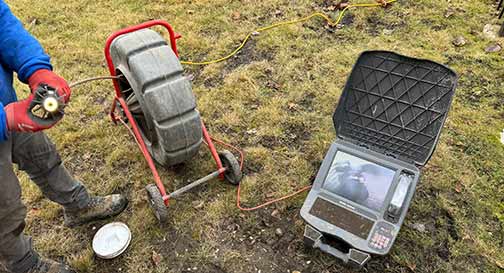
Schedule periodic sewer camera inspections and cleaning to catch any issues early on and avoid costly repairs.
Cost Estimates
While it’s challenging to provide an exact figure without evaluating your specific situation, we can provide a general cost range for sewer line repairs in Chicago. On average, homeowners can expect to spend anywhere from $3,000 to $8,000 for a typical sewer line repair. However, for more complex cases or extensive damage, the cost can surpass $15,000, which could entail a large portion of replacement.
It’s crucial to note that these figures are estimates, and the final cost will depend on the factors mentioned earlier. Getting multiple quotes from reputable plumbing companies in the area will help you get a better understanding of the expenses you might face.
Tips for Managing the Cost
Repairing a sewer line is a significant investment, but there are some steps you can take to manage the cost:
- Regular maintenance: Schedule periodic sewer camera inspections and cleaning to catch any issues early on and avoid costly repairs.
- Research and compare prices: Collect multiple quotes from different plumbing companies to ensure you’re getting a fair price.
- Check for warranties: Some plumbing companies may offer warranties on their work, which can save you money on future repairs.
- Consult with your insurance provider: Depending on your policy, some sewer line repairs might be covered by insurance. It’s always wise to check with your provider to understand your coverage.
Summing it Up
Repairing a sewer line in Chicago can be a significant expense, but understanding the factors that influence the cost can help you plan and budget accordingly. Remember to seek professional assistance to assess the scope of the problem and provide you with an accurate quote. By being proactive and taking the necessary steps to maintain your sewer line, you can potentially reduce the risk of costly repairs in the future.
—
